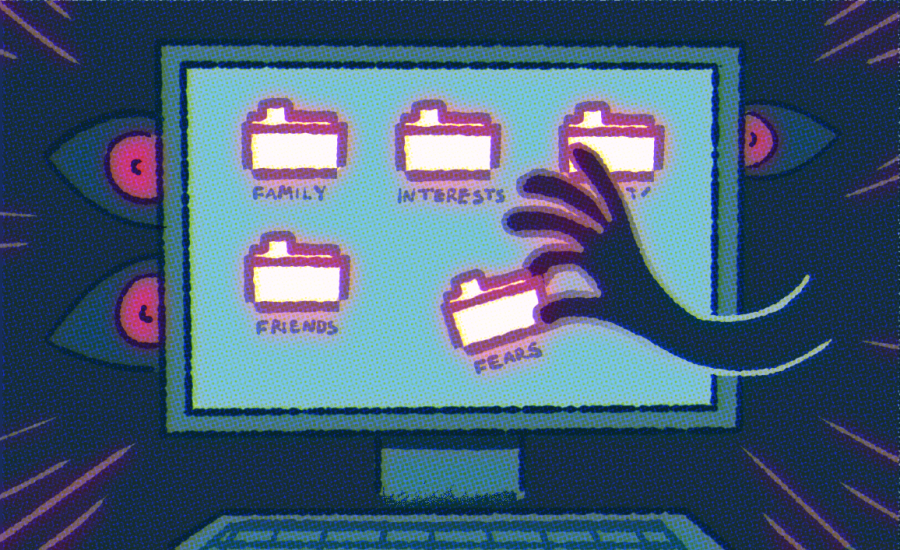We’ve set ourselves a trap in which we’re the bait, we’re the target. In these woods of crawling data, we’re among wolves of a new technological breed, and it’s time we finally realize just how insecure our privacy is in this digital epoch.
Facebook has been a part of a massive data harvesting scandal regarding profile information being collected by a company called Cambridge Analytica that influenced the 2016 presidential campaign. It’s actually quite funny how something that’s grown to become ubiquitous in our everyday lives, the social media that’s so docile that your grandparents have become the message spamming bosses of the Facebook turf, is the source of this unfortunate breach. It just goes to show how ill-prepared we’ve made ourselves of this now clear and present danger.
The rise of our collective pooling of information in this vortex of vacancy has put us at risk, and the lacunar hole that exists in our own knowledge of what we’re depending on only makes us prey to our own devices.
We’ve been doomed to technological compromises in our security before, such as the devastating breach of Equifax last year; the political sphere has also been punctured with with the Russian meddling in the 2016 Presidential election.
But the continuation of the electoral aspect in this case is not what I wish to punctuate. Rather, it’s the fact the these prior complications are the culprits of the hacking of complex systems. With this cultivation of data, it’s clear that digital warfare is a powder keg just waiting to explode.
It wasn’t an intricate data system that’s tangled in so much coding jargon, in service of high corporations or agencies. This is social media. This is Facebook. This is you.
You flippantly feed private information to your personal profile just to be social with your friends when you can’t see them, or just to have the pleasure of reaping the unceasing connection to others. To Facebook, your profile is a mere mathematical outlet of data and information, and they have access to a cornucopia of it.
We’ve been nursed by technology so much we’ve forgot what we’re grasping: a data hive, slipped into our minds under the guise of a mere social site. Of course, it’s hard to blame us for not thinking of Facebook as a storage of information that can be abused. Why would you expect it to be anything more than just a place to share pictures and harvest likes? But now the harvesting is of a new accord. This hostile diction shared among reporters of this story wasn’t chosen flippantly, it very much highlights the fact that digital security of any kind can be punctured.
We have thrown ourselves onto a battlefield of digital warfare and if the previous news of digital debauchery didn’t spark epiphany, then this should make you aware of the tools you wield. Keep in mind that your voting information, as well as anything personal, is now susceptible to predators hiding amidst the streams of data. There was once a time where our biggest concern with voting was if one state made a confuddling ballot that kept a Bush from being Gored. But now we’re all at constant risk, regardless of what state we live in.
What I ask for you to consider the fact that any site you provide data to is a potential risk for information robbery. Always put a conscious decision into creating any new information online as you would for a secure firm. As for Facebook, you sent a legal letter to the perpetrators two years ago and failed to check on it at all during that period, an error of irresponsibility in not taking action sooner.
This isn’t necessarily new information to us, but it should be a wake-up call that in this era, privacy is becoming more of a chore to look after than a right to be safe in. The fact that we’ve created so many outlets to be exploited and that our own security is constantly at question is appalling.
However, I wouldn’t discourage advances in technology, creating a Facebook account or any social media for that matter, but rather encourage all of us to collectively band together as conscious defenders against the illegal collection of our information. We have to hold corporations responsible for the data they claim we can trust them with and pressure our government into imposing regulations on these companies so that a loss such as this never happens again.









